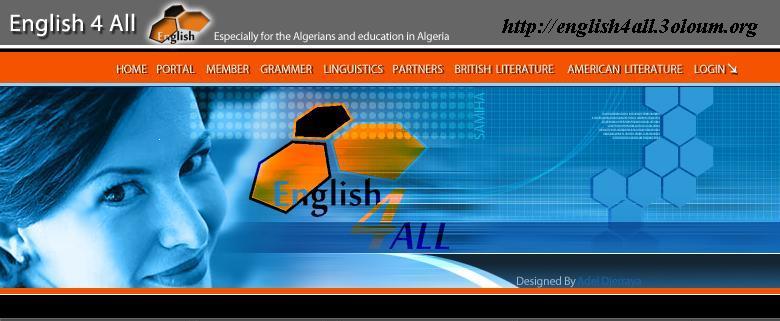Analyzing a Novel I. Characters
I. Characters 1.
In a sentence or two sum up the appearance and important characteristics of each major character.
2.
Which characters change as the story proceeds? Do they change for the better or the worse?
3.
Which characters are distinct individuals (round) and which types (flat).
4.
Does every character have a function in the story? What are the functions of the minor characters? Any foils? Are these minor characters interesting in themselves?
5.
How are the principal characters presented? By the author's description and comment? By representation of the thoughts and actions of the characters themselves? By observations and comments of the other characters?
6.
Are the characters at once realistically consistent and sufficiently motivated for whatever change occurs in them?
7.
Toward which characters does the author show sympathy? Toward which antipathy?
II. Plot 1.
In about three hundred words give a synopsis of the story.
2.
Is there a well unified beginning, middle, and end?
3.
If there is more than one action in the novel, show which is the main and which the subordinate plots (subplots).
4.
Is anything irrelevant to the main plot?
5.
What is the nature of the conflict (or conflicts)? Are there complication s to the main problem? Identify the protagonist and antagonist.
6.
Is our curiosity aroused? How?
7.
What of dilemmas, irony and foreshadowing?
8.
Is the conclusion of the story satisfactory?
III. Setting 1.
What is the historic time, place, and social background of the novel?
2.
How much time does the action cover? How does the author treat time gaps.
3.
Which are the most interesting, striking, or important scenes? Refer to them specifically, describe them briefly, and give your reasons for selecting them.
4.
How is the setting presented? With photographic detail? Impressionistically through a few suggestive details? Indirectly through thoughts and actions?
IV. Theme 1.
What is the oral or human significance of the novel? Does it have universal significance through its theme, plot, and characters? Does it stimulate thoughts about any important problems of life? Does it supply answers by implication or direct statement?
2.
Does the novel clearly reveal any overall view of the universe on the part of the author? Is his view sentimental, romantic, Christian humanist, cynical, etc.? Does he content himself with showing evil and leave the conclusions up to the reader, or does he use devices to help form the reader's conclusions?
V. Style 1.
How would you describe the author's style? Simple and clear-cut, complex and involved? Smooth and grateful, abrupt and harsh? Richly suggestive and implying much, dean and direct?
2.
Does the author's style have individuality? Could a book of his be recognized by the style alone?
3.
Is there any humor in the novel? Is it quiet or broad?
4.
Is the dialogue appropriate to the speakers?
5.
How frequent are dramatic situations? How are they reached, by anticipation or surprise? How treated, by suggestion or in detail? How rendered, by dialogue or by description?
6.
Are there any different rates of movement in the narrative? Where and why?
7.
Do you note abuse of digression?
8.
From what point of view is the novel written? In the point of view consistent? Could it have been changed for the better?
9.
Copy some of the striking sentences that you consider full of meaning or particularly remarkable for their freshness of statement.
VI. Historical background 1.
When was the novel written? What relation and/or significance does this date have to preceding, contemporary, and /or/succeeding events--literary publications and important political, economic, or social occurrences?
2.
What place does the novel hold in the author's total work?
3.
Are any circumstances of special interest associated with the composition of the novel? Do these circumstances in any way aid in the better understanding of the novel itself?
VII. Classification of the Novel 1.
On what levels can the book profitably be read? (Plot, characters, emotional effect, theme.) Is this a novel of character with the primary interest in events? Of setting, primary interest in environment? Of idea, primary interest in thesis or ethical significance?
2.
In what general literary tradition was the book written? Realistic, attempting to see life photographically with emphasis on the difficulties, absurdities, animosities and ironies? Romantic, attempting to see life idealistically with emphasis on the might-be or ought-to-be and avoiding the unpleasant? Naturalistic, fantastic, what have you?



